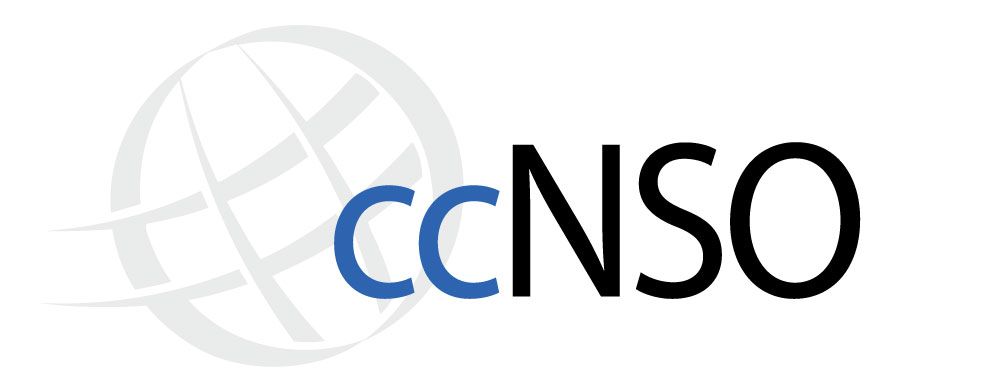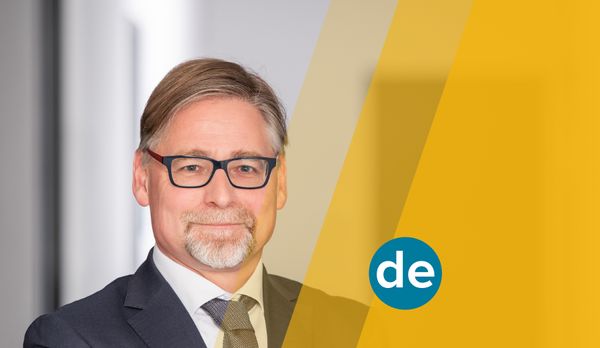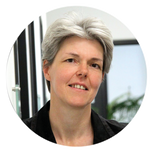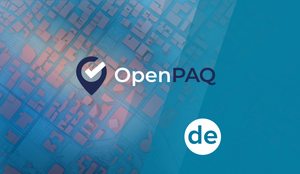Having a voice in a significant governing body of the DNS community: DENIC’s Senior Policy Advisor Peter Koch was elected to the ccNSO Council, an important governing body within the Internet coordination organization ICANN, for a term of three years effective 8 March 2024.
The ccNSO (Country Code Names Supporting Organization) represents the interests of operators of country code Top Level Domains (ccTLDs) such as .DE within ICANN’s multistakeholder framework. The ccNSO currently includes 176 national ccTLD managers whose activities are mainly organised through working groups and committees. In addition, the ccNSO also works across communities with other interest groups and their stakeholders within the ICANN structures, such as the Governmental Advisory Committee (GAC) or the forum for operators of Generic Top Level Domains, the Generic Names Supporting Organization (GNSO).

The 18-member ccNSO Council consists of 15 representatives elected by the ccNSO members and three appointed by ICANN's Nominating Committee NomCom. Out of the 15 elected Councillors, three each come from one of the five world regions represented at ICANN, i. e. Africa, Asia-Pacific, Europe, Latin America & Caribbean, and North America. The Council’s role is to manage the affairs of the ccNSO by structuring and coordinating the ccNSO working groups along with the policy developments for IANA, as far as ccTLDs are concerned.

Closely Networked in the Community,
Long-Standing Expertise: Well-Prepared for Office
Having been deeply involved in numerous committees and working groups within ICANN and the ccNSO for many years, Peter Koch brings a wealth of experience to his mandate. As a future Councillor, he will actively participate in the ccNSO's agenda setting for the years ahead. His three-year term started on 8 March 2024, following the 79th ICANN meeting in San Juan, Puerto Rico.
A main focus of Peter‘s work on the ccNSO Council shall be on preserving the specific role of ccTLDs:
ccTLDs are not dependent on ICANN but anchored in their respective local communities. As a consequence, their contribution to shaping Internet governance processes, such as the Global Digital Compact, WSIS+20 or NETmundial+10, is of particular importance. What will also become more essential in the future is the co-operation between ccTLDs when it comes to assessing the interaction between technological progress and policy-making.
Peter Koch's seat on the ccNSO Council is another important step of DENIC's overall concept towards successively strengthening its commitment and expanding its activities across the Internet governance ecosystem.
Congratulations, Peter, and good luck with the upcoming tasks for the benefit of the German Internet community!















